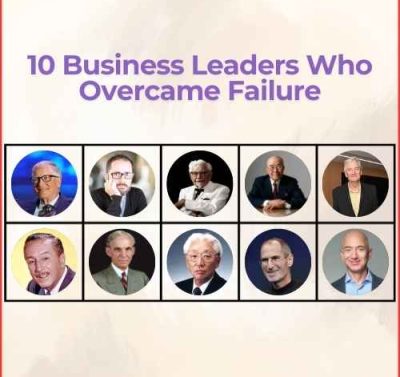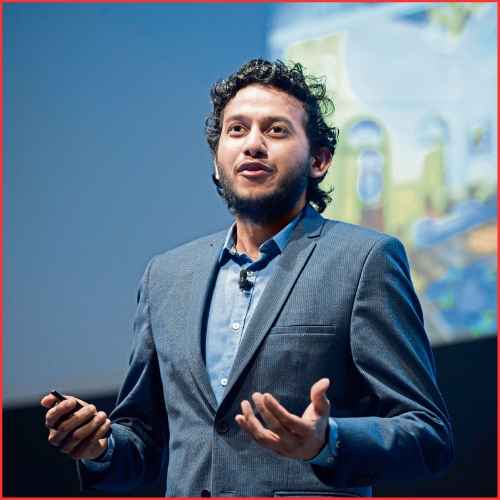Startups from Beijing to Boston are incorporating generative AI and big language models into their services, and ChatGPT is driving a wave of funding into these fields. Prospective investors have already begun talking to Higgz about another round of funding on a comparable scale as a result of ChatGPT’s ascent to fame.
The Singapore-based business Higgz Academia Technology Pte is in talks with prospective investors to increase its $100 million valuation in a new funding round and take advantage of OpenAI’s ChatGPT phenomenon.
In an interview, co-founder Sun Yiqiao said that the tutoring app developer most recently secured $20 million from backers like Matrix Partners and Qiming Venture Partners about two years ago. Because of ChatGPT’s success, potential backers have started talking with Higgz about another round of funding that is roughly the same size, according to Sun. The company intends to incorporate OpenAI’s chatbot into its app starting next month.
Before choosing a commercial strategy, Higgz, a Beijing-based company, initially concentrated on training its algorithms for mathematical computations and logical thinking. After closing its final round in 2021, the business relocated to Singapore to focus on high-school and university math in Western markets, where there is less competition for online tutors than in China.
Users can scan arithmetic problems on its TutorEva app, which was released in July, and then receive step-by-step solutions in the form of text, pictures, or verbal suggestions. According to 29-year-old Sun, who majored in electronic engineering at China’s esteemed Tsinghua University, the app has so far drawn hundreds of thousands of monthly users, the majority of whom are in the US.
As firms from Beijing to Boston integrate generative AI and big language models into their offerings, ChatGPT is driving a flood of funding into artificial intelligence ventures.
Higgz is one of a number of businesses with Chinese roots that are expanding abroad for growth after the largest internet market in the world was devastated by regulatory crackdowns and slumps in consumer spending for two years.
The current version of TutorEva requires students to scan their textbooks with their phones in order to enter questions, but Sun claims that the upcoming version will use OpenAI’s GPT-4 to provide more human-like responses. His 80-person business intends to start offering subscriptions for individualized math tutoring services this year and to add further STEM topics in 2024.
Some well-funded competitors must contend with TutorEva. Google received approval from the European Union in March to purchase the learning software Photomath from Croatia. Another rival of TutorEva is the free web and mobile app Mathsolver from Microsoft Corp.















